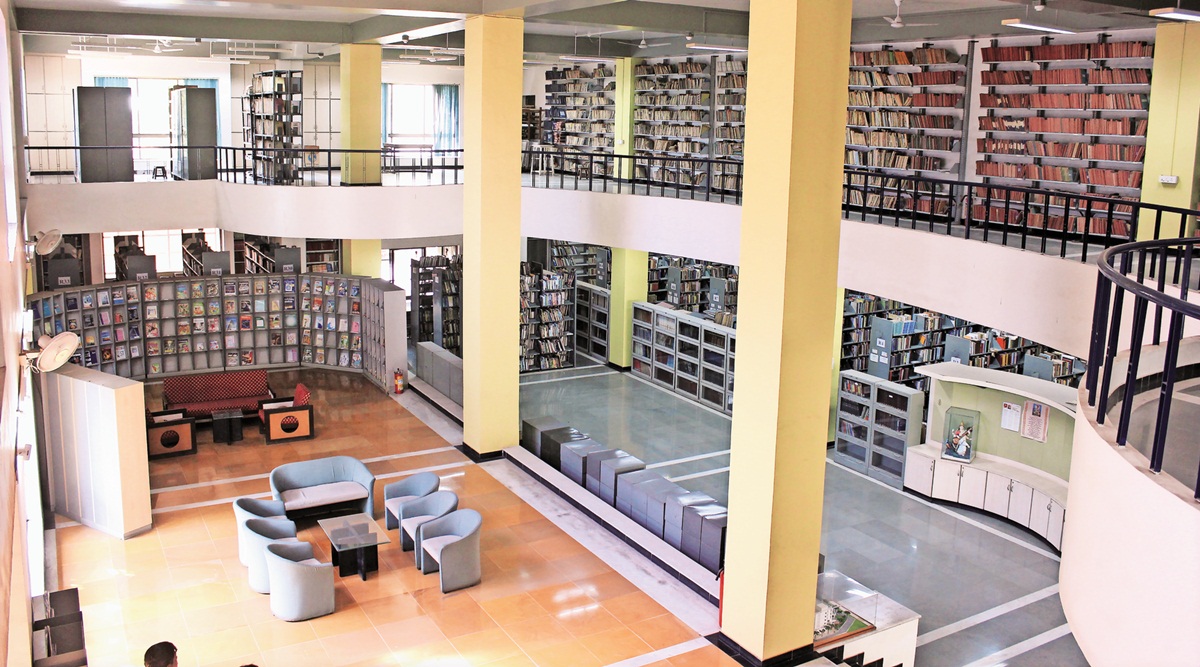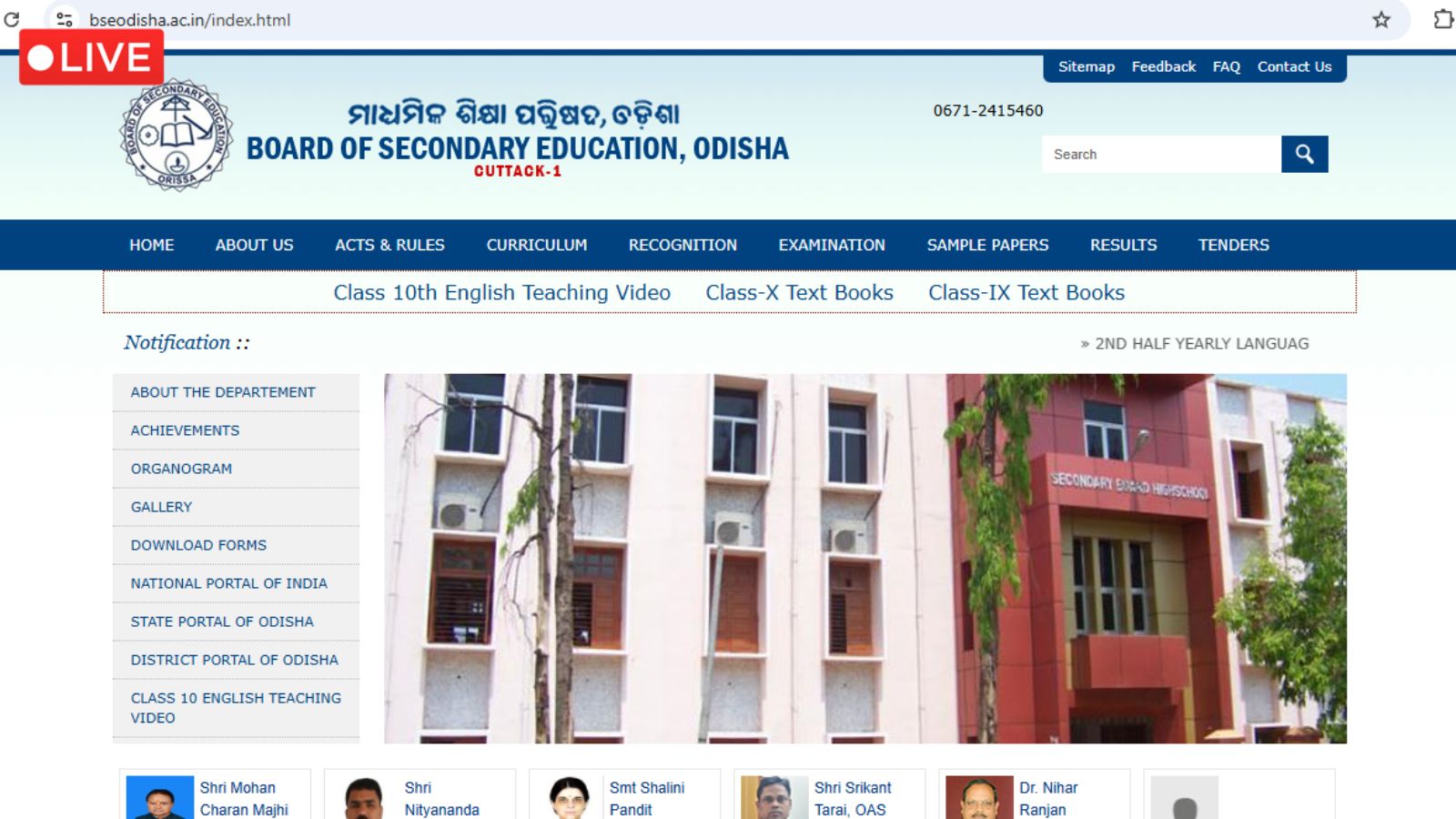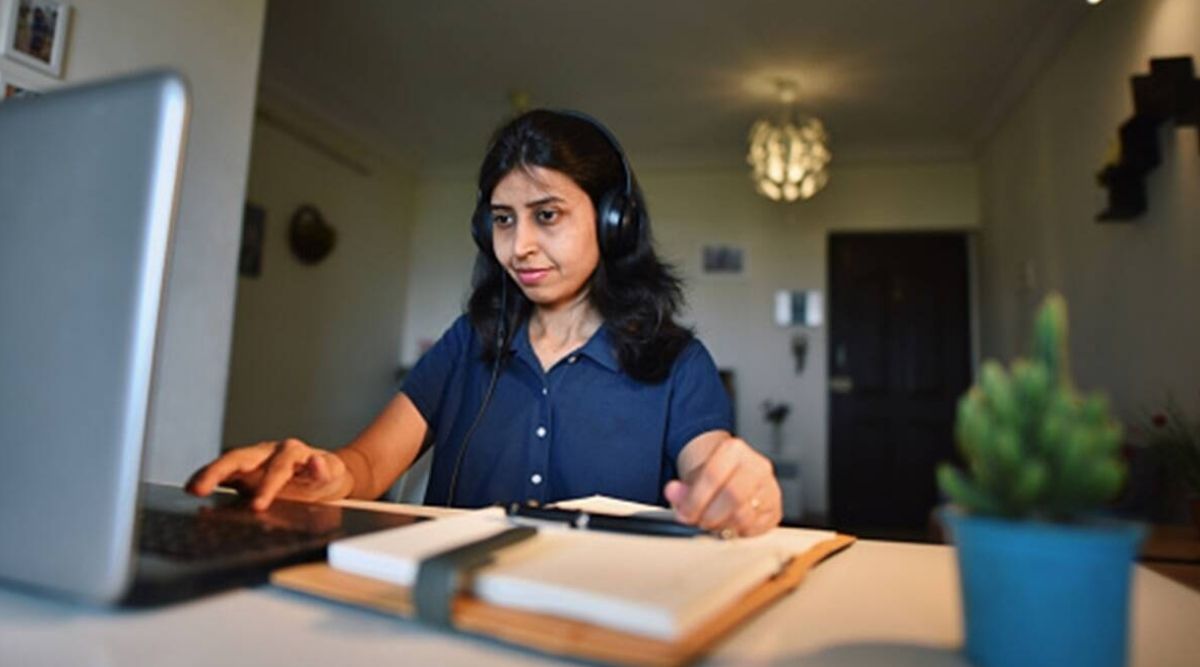The state bureau of textbooks, Balbharati, on Tuesday threw open its doors to the general public. With this, the Pune-based bureau which produces textbooks for all state government schools, has allowed people to go through its massive collection in eight languages – Marathi, Urdu, Hindi, English, Telugu, Kannad, Sindhi and Gujarati – at a nominal fee of Rs 20 a day.
The collection boasts of a chemistry textbook from 1823, a collection of maps that show the ever-evolving geographical history of India and world, reference books of different subjects and several sets of encyclopedia. It also includes national and international magazines for children, maps, and other educational materials including reference books on different subjects.
Along with textbooks from Maharashtra, those from other states are also available for reference.
“This is a great opportunity for researchers, teachers, and even interested students. Until now, this collection was available only for members of Balbharati who work on curriculum development. It was a place for their research. But now, all will have access to this at our Pune office,” said Balbharati director Krishakumar Patil.
This vast collection has over 1.55 lakh textbooks. Then there are research books, encyclopaedias, dictionaries, children’s literature, and a range of rare books.
Kiran Kendre, Executive Editor, Kishor, a children’s magazine by Balbharati, said, “Balbharati was started in 1967 but textbooks were available for many years before that. An old textbook of mathematics shows how the subject was taught at a time when mathematics tables of fractions, such as Pavki (1/4ths), Nimki (1/2s), Didki (1-1/2s) were used in sums. One can also see the evolution of new subjects such as computers, and the environment. This isn’t a mere peek into history for the sake of nostalgia but a huge treasure which Balbhari has preserved for so many years.”
Newsletter | Click to get the day’s best explainers in your inbox
Kendre added that the access will be limited to the Pune library.
“We cannot yet begin a conventional library practice where people are allowed to take a book home. This is because some of the textbooks, research material, or even maps are so old that it has to be handled with utmost caution,” he added.
!function(f,b,e,v,n,t,s)
{if(f.fbq)return;n=f.fbq=function(){n.callMethod?
n.callMethod.apply(n,arguments):n.queue.push(arguments)};
if(!f._fbq)f._fbq=n;n.push=n;n.loaded=!0;n.version=’2.0′;
n.queue=[];t=b.createElement(e);t.async=!0;
t.src=v;s=b.getElementsByTagName(e)[0];
s.parentNode.insertBefore(t,s)}(window, document,’script’,
‘https://connect.facebook.net/en_US/fbevents.js’);
fbq(‘init’, ‘444470064056909’);
fbq(‘track’, ‘PageView’);






